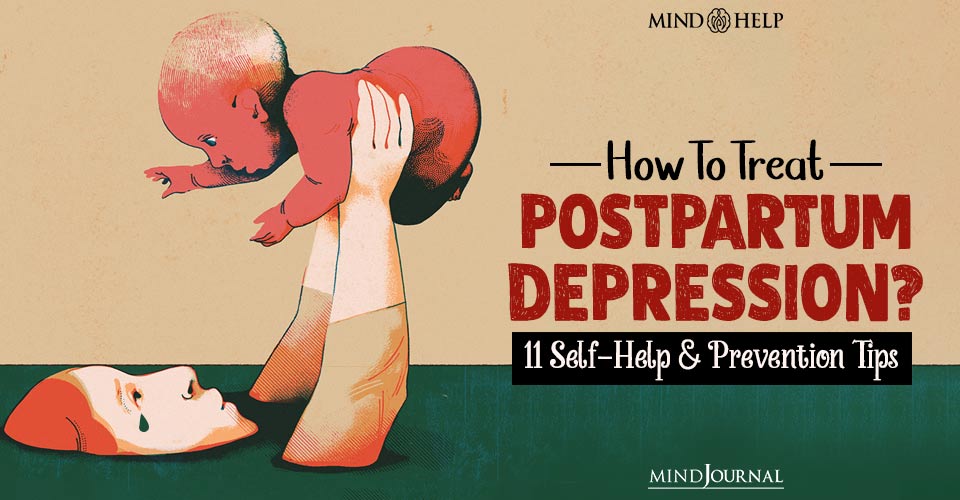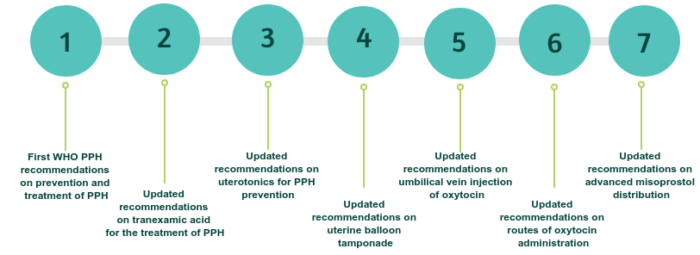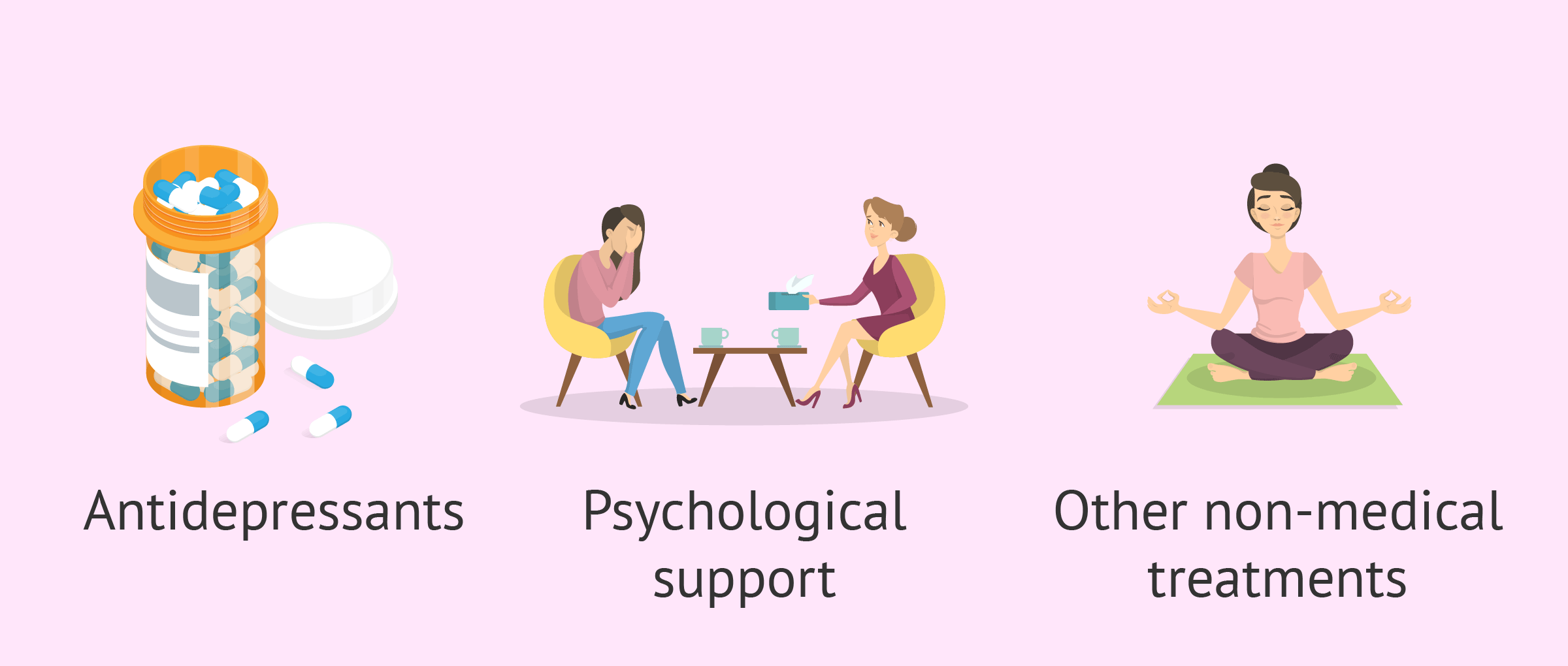A Biased View of Beautiful Journey Reproductive Counseling Center
A Biased View of Beautiful Journey Reproductive Counseling Center
Blog Article
The Ultimate Guide To Beautiful Journey Reproductive Counseling Center
Table of ContentsAbout Beautiful Journey Reproductive Counseling CenterBeautiful Journey Reproductive Counseling Center for BeginnersIndicators on Beautiful Journey Reproductive Counseling Center You Need To KnowThe Greatest Guide To Beautiful Journey Reproductive Counseling CenterThe Greatest Guide To Beautiful Journey Reproductive Counseling CenterBeautiful Journey Reproductive Counseling Center Things To Know Before You Buy

Dealing with psychological health experts is a fantastic method to discover regarding postpartum anxiety and how to recover. Treatment permits females to overcome their condition and understand the development they make. Therapists can also adjust treatment in reaction to the lady's development. Therapy is an individual and crucial way to deal with postpartum clinical depression.

Beautiful Journey Reproductive Counseling Center for Dummies
There have actually not been conclusive research studies released that looked specifically at folate or other B vitamins in the treatment of postpartum clinical depression. Think about advising to ladies that are postpartum to proceed their prenatal vitamin or take a B-100 complex with regarding 1 mg (or 1,000 mcg) of folic acid, or folate.
Modification of vitamin D shortage may play a considerable function in the healing from postpartum depression. Mothers having a hard time with anxiety ought to have their 25-OH vitamin D level evaluated. Many females find that they require a minimum of 2,000-3,000 IUs of cholecalciferol, which is vitamin D3 (a type that is really conveniently soaked up) throughout the winter season.
In the summertime, less oral vitamin D might be required, depending upon the latitude where the mother lives. infertility couples counseling.
Rumored Buzz on Beautiful Journey Reproductive Counseling Center

Anticoagulation might be used, and it must be kept in mind that there exists no universal standard or recommendation for anticoagulation treatment in septic pelvic thrombosis. First bolus of 60 units/kg (4000 devices maximum) complied with by 12 units/kg/h (maximum of 1000 units/h) is recommended. The aPTT is kept an eye on for 2-3 times the normal value.
Postpartum anxiety (PPD) is a complicated mix of physical, psychological, and behavior adjustments that happen in some ladies after delivering. According to the DSM-5, a hands-on used to diagnose psychological disorders, PPD is a form of significant clinical depression that begins within 4 weeks after shipment. The medical diagnosis of postpartum clinical depression is based not just on the length of time between shipment and start but on the severity of the anxiety.
The term explains a variety of physical and psychological adjustments that numerous new moms experience. PPD can be treated with drug and counseling. The chemical modifications entail a quick decrease in hormonal agents after delivery. The actual link in between this decline and clinical depression is still not clear. What is understood is that the levels of estrogen and progesterone, the women reproductive hormones, boost significantly during pregnancy.
Top Guidelines Of Beautiful Journey Reproductive Counseling Center
PPD can happen after the birth of any type of child, not simply the first kid. You can have feelings comparable to the baby blues-- despair, anguish, anxiousness, crankiness-- yet you feel them much a lot more highly.
When your capability to feature is influenced, you need to see a healthcare provider, such as your OB/GYN or health care physician. This doctor can screen you for clinical depression signs and come up with a treatment plan. If you do not get therapy for PPD, symptoms can get worse. While PPD is a major condition, it can be treated with medicine and therapy.
This illness can happen rapidly, frequently within the very first 3 months after giving birth. Ladies can shed touch with reality, having acoustic hallucinations (hearing points that aren't in fact occurring, like an individual speaking) and misconceptions (highly believing things that are clearly unreasonable). Visual hallucinations (seeing points that aren't there) are less usual.
Females who have postpartum psychosis need treatment right away and virtually constantly need medication. Therapy choices include anti-anxiety or antidepressant medications, psychotherapy, and engagement in an assistance group for psychological assistance and education.
Beautiful Journey Reproductive Counseling Center for Beginners
Children of mommies with postpartum clinical depression are more probable to have issues with resting and eating, crying even more than normal, and hold-ups in language advancement. If you have a history of depression, inform your physician as soon as you figure out you're expecting, or if you're planning to conceive.
Typically, signing up with a support team of new mothers or talking with various other mothers assists. can occur a couple of days or even months after giving birth. PPD can happen after the birth of any kind of kid, not just the first kid. You can have sensations similar to the child blues-- unhappiness, misery, stress and anxiety, crankiness-- yet you feel them far more strongly.
When your ability to function is impacted, you need Visit This Link to see a healthcare carrier, such as your OB/GYN or health care medical professional. This doctor can evaluate you for depression signs and symptoms and generate a therapy plan. If you do not obtain treatment for PPD, signs and symptoms can become worse. While PPD is a severe condition, it can be treated with medication and counseling.
This health problem can happen rapidly, often within the first 3 months after giving birth. Ladies can lose touch with fact, having auditory hallucinations (hearing things that aren't in fact taking place, like a person talking) and misconceptions (strongly thinking things that are clearly unreasonable). Visual hallucinations (seeing points that aren't there) are less usual.
Little Known Facts About Beautiful Journey Reproductive Counseling Center.
Women that have postpartum psychosis requirement treatment right away and virtually constantly require medication. Treatment options include anti-anxiety or antidepressant medications, psychotherapy, and involvement in a support group for psychological assistance and education and learning.
Kids of mommies with postpartum depression are most likely to have troubles with resting and consuming, weeping greater than normal, and hold-ups in language advancement (grief counseling nj). If you have a history of depression - https://www.dreamstime.com/johncoates07432_info, inform your medical professional as quickly as you find out you're expectant, or if you're planning to end up being expecting
Report this page